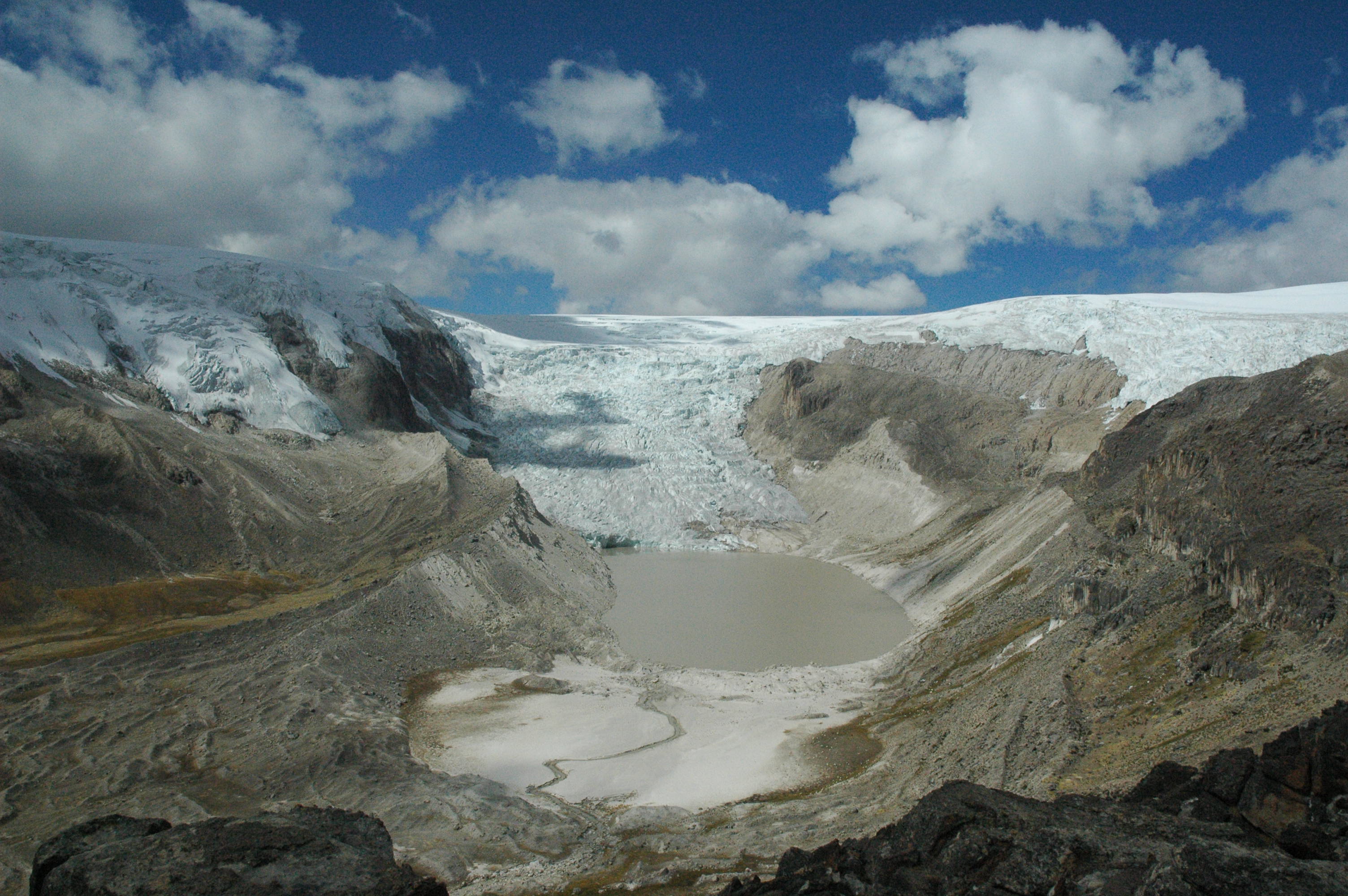The School of Communication Studies and the Pulitzer Center on Crisis Reporting will host the Spring 2018 Global Issues Forum with the panel discussion, ŌĆ£Advancing Understanding of Climate Change: The Role of Science and Global Communication.ŌĆØ
The lecture will begin at 6:30 p.m. on Monday, March 19 in the ballroom balcony in the Student Center. The discussion is free and open to the public.
School of Communication Studies professor Paul Haridakis, Ph.D., will moderate the discussion with three panelists, which include:
- , Pulitzer Center on Crisis Reporting print journalist and radio and web producer
- With a Ph.D. in political science and a B.S. in physics from the Massachusetts Institute of Technology (MIT), Grossman contributes frequently to the Yale Climate Connections and Yale Environment 360. He has reported from all seven continents around the world, including both near the south and north poles. He has produced radio stories and documentaries on science and the environment for National Public RadioŌĆÖs shows Here and Now and Weekend Edition; Public Radio InternationalŌĆÖs show on the environment Living on Earth and news magazine, The World; the Australian Broadcasting Corporation; GermanyŌĆÖs Deutsche Welle radio; the BBC; and the Canadian Broadcasting Corporation, among other broadcast outlets. He has written for the New York Times, The Boston Globe, Discover, Audubon, Scientific American, among other national publications.
- Grossman has received many awards for his work. He wrote and produced the app book ŌĆ£Deep Water: As Polar Ice Melts, Scientists Debate How High Our Oceans Will RiseŌĆØ (TED Books, 2012). He is coauthor of ŌĆ£A ScientistŌĆÖs Guide to Talking with the Media: Practical Advice from the Union of Concerned Scientists.ŌĆØ
- Elizabeth Herndon, Ph.D., ┬ķČ╣╩ėŲĄ environmental geochemist and assistant professor in Geology in the College of Arts and Sciences
- interested in the interactions between minerals, water and biota that shape the Critical Zone ŌĆō the thin surface of the EarthŌĆÖs crust from groundwater to canopy that supports life. Her research focuses on human perturbation of the environment through changes in land use, contamination and climate change. In order to examine biogeochemical processes across multiple scales, her research incorporates a variety of methods such as field sampling, laboratory experiments, analytical techniques (both in-house and at national laboratories), and theoretical modeling. Recent projects include: 1) understanding the influence of warming on iron, carbon and nutrient cycling in tundra soils, and 2) investigating metal biogeochemistry in coal mine waste and acid mine drainage.
- , Ph.D., ┬ķČ╣╩ėŲĄ ecosystem ecologist and assistant professor, Biological Sciences in the College of Arts & Sciences
- Mud matters to Kinsman-Costello and is interested in the effects of hydrology on aquatic nutrient biogeochemistry and ecosystem function. Her research aims to inform larger questions about the resilience of ecosystems faced with environmental change and the ability of humans to manage, restore and create ecosystems. A recurring theme in her research is the role that sediments play in freshwater ecosystem function. Hence, mud matters.
The granted $100,000 to Herndon and Kinsman-Costello to study climate change in Alaska and how it affects the availability of plant nutrients in arctic and sub-arctic ecosystems. This research plays an important role to understand how high-latitutde peatlands will respond to climate change.
The is an innovative award-winning non-profit organization dedicated to supporting in-depth engagement with underreported global affairs across all media platforms and a unique program of outreach and education to schools and universities. ┬ķČ╣╩ėŲĄ is part of the CenterŌĆÖs Campus Consortium network of partnerships between the Pulitzer Center and more than 30 universities and colleges to engage with students and faculty on the critical global issues of our time.
Elizabeth Graham, Ph.D., director of the School of Communication Studies, said the School of Communication StudiesŌĆÖ ongoing Global Issues Forum brings Pulitzer Center reporters to campus who offer personal and professional perspectives on how a topic is covered in the media. ŌĆ£The ongoing forum is an integral part of the schoolŌĆÖs curriculum which includes a global communication major that prepares students to think critically and communicate globally,ŌĆØ Graham said. ŌĆ£Previous forums have focused on the topics of fracking, women and childrenŌĆÖs issues and the refugee crisis.ŌĆØ
The forum is co-sponsored by the ┬ķČ╣╩ėŲĄ School of Journalism and Mass Communication and the Gerald H. Read Center for International and Intercultural Education. The discussion is free and open to the public.
Each year, the ┬ķČ╣╩ėŲĄ School of Communication Studies partners with the on Crisis Reporting to offer a $3,000 fellowship, providing students the opportunity to travel internationally to report on overlooked stories.
The application is completed online at . The deadline to apply is Friday, March 23, and students must also submit:
- Three references
- A 250-word description of their proposed project
- Travel plans, including cost and duration of stay

